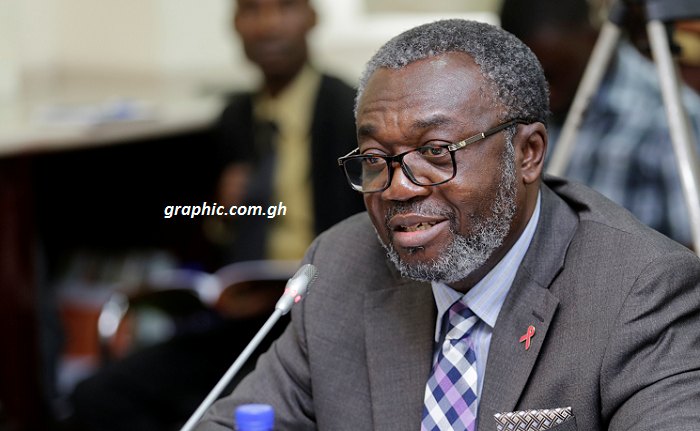
Think through abolition of direct posting
It is said that the health of a nation is the wealth of that nation, hence countries marshal all resources at their disposal to ensure that the necessary infrastructure, facilities and equipment are available to ensure the provision of basic health care for the population.
In fact, good health cannot be separated from life, but much as the country puts in the effort to ensure this realisation, we are met with challenges.
Around 1970, Ghana had 1,500 medical doctors for a population of 10 million. Though the population has more than doubled since then, the number of doctors is unchanged. This is so despite various universities turning out more doctors each year. In the Upper West and Upper East regions of the country, the doctor-patient ratio currently stands at more than 1:66,000. Whereas New York alone has more than 600 Ghanaian doctors practising there. This figure is not different for other health professionals.
These problems call for more radical approaches to ensure optimal utilisation of personnel at all existing health facilities across the country. Currently, the human resource practice and governance of the country is that the Ministry of Health (MoH) through the Ghana Health Service (GHS) posts health professionals who have completed their courses to various health facilities across the country.
This practice, which has been going on for years, has had its own challenges, but it seems to have reached its ugly peak in recent times. Unposted health professionals have threatened to either embark on a demonstration or picket at certain strategic places in the country, including the seat of the President and gone ahead on some occasions to carry out their threat.
People have wondered why a country that needs health professionals will still hesitate to post these same health professionals to places where their services are needed most. As such, we welcome the intended abolition of direct posting of qualified health professionals to public health facilities. As health professionals are made to search for jobs, apply and attend interviews for engagement, they will avoid the practice whereby, they are made to stay at home and wait for government posting, even though some of these professionals could have been engaged in other establishments.
We believe the new policy will do away with the bonding system as well so that graduates from our heath institutions can search for jobs on their own as the system was a major factor for keeping most of them home looking up to the government for posting.
This policy works in other jurisdictions. But our advice to the Ministry of Health and the GHS is that with the implementation of the new policy, the health professionals are likely to move in droves to other countries.
The Daily Graphic, therefore, advises that the policy should be implemented such that it does not bring about a shortage of health professionals. We also suggest that more health professionals should be trained while their conditions of service are enhanced to encourage them to remain in the country.
It is our hope that the new policy will not worsen the healthcare system of the country but make it more effective.
